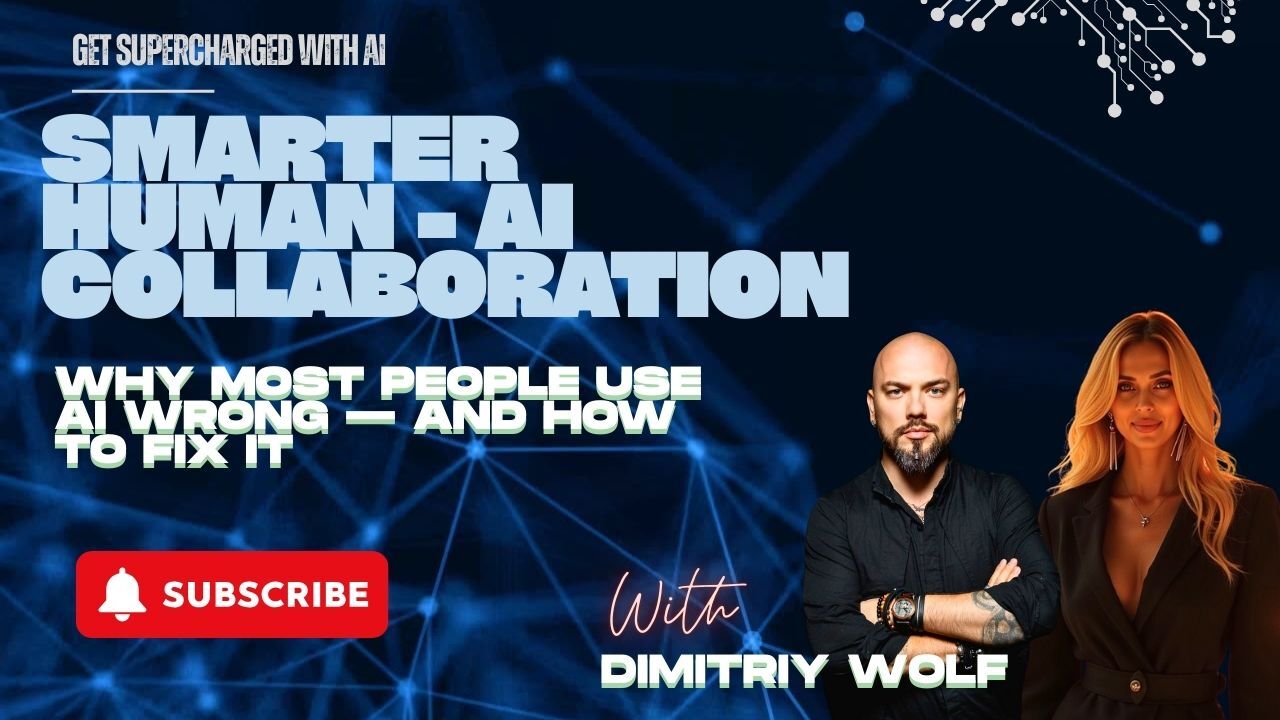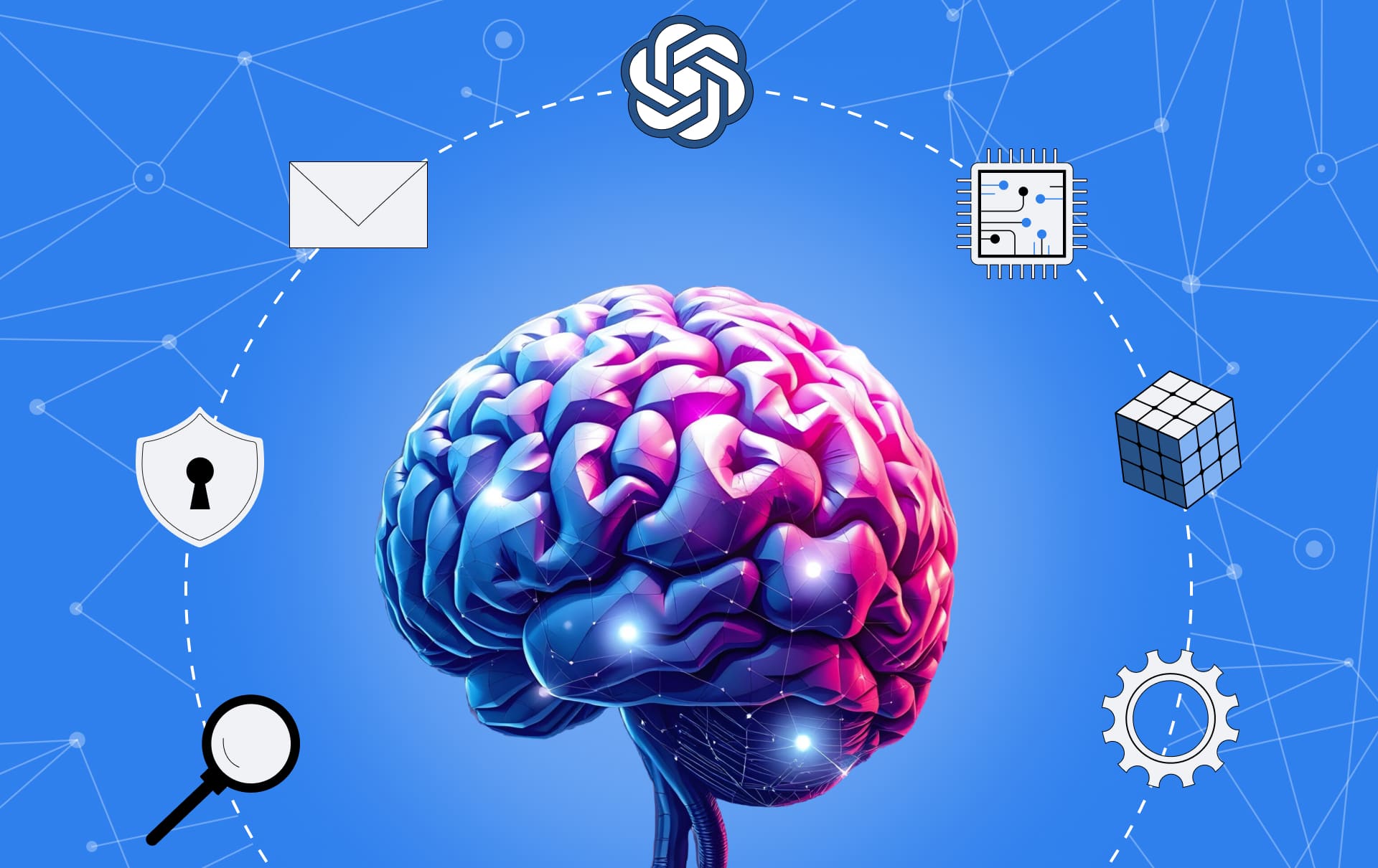Good morning ☀️, leader of the next generation.
Sometimes we give technology too much credit or too much blame.
The truth is, it’s a tool. How we use it is what matters.
Used with purpose, it helps us see more clearly, build faster, and express ourselves in new ways.
It’s not about chasing trends. It’s about creating something real.
WHAT'S AT STAKE TODAY ⚡
- 💰🤖 SoftBank is back, and the AI hype cycle is eating itself
- ⚖️💔 Seven more families are now suing OpenAI over ChatGPT's role in suicides, delusions
- 💕🚀 Elon Musk uses Grok to imagine the possibility of love
- 📉💻 TSMC Just Blinked--Is the AI Chip Boom Finally Slowing Down?
- 🎯💼 Today AI is a mandatory skill to have, says Tech Mahindra's Sahil Dhawan
- ⚠️💕 Perplexity CEO warns AI girlfriends are dangerous, says they can easily manipulate your mind
OpenAI seeks federal support for AI infrastructure expansion plans
OpenAI asked Trump administration to expand Chips Act tax credit to cover data centers

OpenAI has formally requested the Trump administration to broaden federal tax incentives to support the company's massive data center construction plans, according to a recent letter that has sparked discussions about government support for AI infrastructure.
In a letter addressed to White House director of science and technology policy Michael Kratsios, OpenAI's chief global affairs officer Chris Lehane proposed expanding the Advanced Manufacturing Investment Credit (AMIC) beyond its current scope. The AMIC, a 35% tax credit established under the Biden administration's Chips Act, currently applies only to semiconductor fabrication.
OpenAI wants the credit extended to cover electrical grid components, AI servers, and AI data centers. "Broadening coverage of the AMIC will lower the effective cost of capital, de-risk early investment, and unlock private capital to help alleviate bottlenecks and accelerate the AI build in the US," Lehane wrote in the correspondence.
The company's requests go beyond tax credits. OpenAI is also pushing for streamlined permitting and environmental review processes for AI infrastructure projects. Additionally, they want the government to establish a strategic reserve of critical raw materials including copper, aluminum, and processed rare earth minerals essential for AI infrastructure development.
While OpenAI initially published the letter on October 27, it received limited media coverage until this week when company executives' comments reignited debate about the firm's expectations from federal support.
The discussion intensified following remarks by CFO Sarah Friar at a Wall Street Journal event on Wednesday, where she suggested the government should "backstop" OpenAI's infrastructure loans. However, Friar quickly clarified her position on LinkedIn, stating she had misspoken: "OpenAI is not seeking a government backstop for our infrastructure commitments. I used the word 'backstop' and it muddied the point."
CEO Sam Altman also moved to clarify the company's stance, emphasizing that OpenAI does not "have or want government guarantees for OpenAI datacenters." He reinforced the company's position that "governments should not pick winners or losers, and that taxpayers should not bail out companies that make bad business decisions or otherwise lose in the market."
However, Altman acknowledged that the company has discussed loan guarantees specifically for supporting semiconductor fabrication facilities in the United States, indicating some openness to targeted federal support in critical areas.
The timing of these requests comes as OpenAI projects explosive growth. In his clarifying statement, Altman revealed ambitious financial projections, expecting the company to exceed $20 billion in annualized revenue by the end of 2025. Even more striking, he projects growth to "hundreds of billion by 2030," underlining the scale of OpenAI's expansion plans.
To support this growth trajectory, Altman disclosed that OpenAI has committed $1.4 trillion in capital investments over the next eight years, a figure that highlights the massive infrastructure requirements for AI development and the company's rationale for seeking federal support.
The debate reflects broader questions about the role of government in supporting AI infrastructure development as the United States competes globally in artificial intelligence. While OpenAI maintains it doesn't want direct bailouts or guarantees, the company's push for expanded tax credits and streamlined regulations suggests a nuanced approach to federal partnership.
As the Trump administration considers these requests, the outcome could set important precedents for how the government supports AI infrastructure development while balancing concerns about picking winners and losers in the rapidly evolving artificial intelligence sector.
Scribe raises $75M to help enterprises optimize AI automation
Scribe hits $1.3B valuation as it moves to show where AI will actually pay off

Scribe has secured $75 million in Series C funding at a $1.3 billion valuation to launch Scribe Optimize, a platform that maps enterprise workflows to identify optimal AI automation opportunities.
Led by StepStone with existing investors participating, the funding will accelerate the rollout of tools addressing a critical enterprise challenge: determining where AI will deliver actual returns versus becoming sunk costs.
Founded in 2019, Scribe's current product automatically documents workflows through browser extensions. The startup serves over 5 million users across 94% of Fortune 500 companies, helping organizations save 35-42 hours per employee monthly.
🎙️ NEW EPISODE DROP:
The Future of Human + AI Collaboration | What are The Smarter Ways to Use AI

I sat down with Dimitriy Wolf — social engineer, psycholinguist, and advisor to presidents, sheikhs, and TEDx speakers — to break down why most people use AI wrong.
We covered how to think *with* AI (not just prompt it), how to build authentic brand voices, and what yachts have to do with artificial intelligence.
If you're still using ChatGPT like a search bar — you're getting left behind.
⚡ Trends for the Future
Is Wall Street losing faith in AI?

Investors question AI returns as massive tech investments show mixed results.
Wall Street's AI honeymoon appears to be ending as investors demand concrete returns on billions in AI investments. Recent earnings from tech giants reveal a sobering reality: while AI revenues are growing, they're falling short of justifying the stratospheric valuations that defined the sector's initial boom.
Major players like Microsoft, Google, and Amazon continue pouring massive resources into AI infrastructure, yet the promised returns remain largely theoretical. Microsoft executives recently acknowledged that AI revenue growth is "not linear" and requires patience to materialize. Similarly, Alphabet faces margin pressures from heavy AI investments despite the technology's long-term promise.
The semiconductor sector, previously buoyed by AI euphoria, is experiencing turbulence. Nvidia, the undisputed champion of the AI surge, now faces increased volatility as investors question whether current demand levels can support its enormous market valuation.
The reality of AI implementation has proven more complex and costly than initially anticipated. Enterprise customers are adopting cautious strategies, favoring small pilot programs over large-scale deployments. While this measured approach makes business sense, it's significantly dampening the explosive growth trajectory that investors expected.
Regulatory uncertainty adds another layer of complexity. As governments worldwide develop AI oversight frameworks, companies must factor compliance costs into their strategic calculations, further complicating return projections.
However, some market observers view this correction as both inevitable and healthy. They argue it's separating genuinely capable AI companies from those merely capitalizing on hype. Long-term investors maintain that transformative technologies historically require years to reach full potential, and AI follows this pattern.
The critical question remains whether Wall Street's patience will endure long enough for AI investments to mature into sustainable revenue streams. For AI companies, the message is unambiguous: the era of easy money has concluded, and demonstrating measurable business value is now essential for survival.

⚡ You’re Smart. Strategic. Intentional. So Let’s Be Real:
Where Are You Holding Back— On Purpose?
Every smart operator has something they’re intentionally avoiding.
Not because they’re lazy — but because it’s risky, unknown, or just... a bit *uncomfortable*.
So what’s that thing for you?
That one decision, move, or experiment you know would push you forward — but you’ve been choosing not to do it.
Tell us — and we’ll share a tactical POV or tool to help you rethink it.
No fluff. Just momentum.
AI will be humanity's most powerful instrument for positive transformation, helping us achieve breakthroughs that elevate every aspect of human life and create shared prosperity.
Bill Gates is the co-founder of Microsoft and co-chair of the Bill & Melinda Gates Foundation, where he has dedicated billions to improving global health, education, and reducing poverty worldwide. His pioneering work in personal computing revolutionized technology access, and through his philanthropic efforts, he continues to advocate for using AI and innovation to solve humanity's greatest challenges, from disease eradication to climate change.
🎬 How to Use AI Agents to Build High-Converting Video Ads
Build once. Scale everywhere. In just minutes.

What if: Instead of spending weeks scripting, editing, and testing ads… you could build 10 variations of a high-converting video in 15 minutes — with agents handling the voiceover, visuals, call-to-action, and even the hook testing?
That’s exactly what we’ll show you this week — live.
Why This Changes Everything for Founders 🧠
- 🎥 Fast-Track Ad Creation: From idea to launch-ready video in under an hour — no team needed.
- 🔁 Test Like a Pro: Run A/B tests on 10 hooks, CTAs, or visuals — while you sleep.
- 💰 Better ROAS, Less Guessing: Let agents learn what your audience *actually* responds to.
- 📦 Works for Any Product: Digital or physical — agents adapt to your niche & brand voice.
📅 Join the Live Session w code Supercharged
We’ll walk you step-by-step through building your own ad-generating agent — no code needed.
👉 Click here to save your seat for the webinar
You’ll leave with a working prototype, free templates, and 5x more speed in your next ad campaign.
🎁 Bonus for Attendees:
- ✅ AI Agent Template for Ad Generation
- ✅ "Top 10 Hooks That Convert" Prompt Pack
- ✅ Entry to win a Free AI Strategy Audit
Episode 1: AI Education Without Limits
I sat down with Dr. José Fernández from the Miami Dade College AI Center to explore how AI is transforming education.
We discussed how students today can access world-class AI training with almost zero student loan debt — making innovation more accessible than ever.
Episode 2: What if your story were your sales strategy?
I sat down with Maury Rogow, a Hollywood producer and branding mastermind behind $2.5B in brand growth.
We talked about why the brands that feel effortless aren’t the loudest — they’re just the most aligned.
🌡️ Use the Satisfaction Thermometer to show us how much you enjoyed The Supercharged today ;)

The Supercharged is aiming to be the world's #1 AI business magazine and is on a mission to empower 1,000,000 entrepreneurs worldwide by 2025, guiding them through the transition into the AI-driven creative age. We're dedicated to breaking down complex technologies, sharing actionable insights, and fostering a community that thrives on innovation, to become the ultimate resource for businesses navigating the AI revolution.
The Supercharged is the #1 AI Newsletter for Entrepreneurs, with 25,000 + readers working at the world’s leading startups and enterprises. The Supercharged is free for the readers. Main ads are typically sold out 2 weeks in advance. You can book future ad spots here.
I'm sending this email because you registered for one of our workshops or our affiliates brought you. You can unsubscribe at the bottom of each email at any time.
